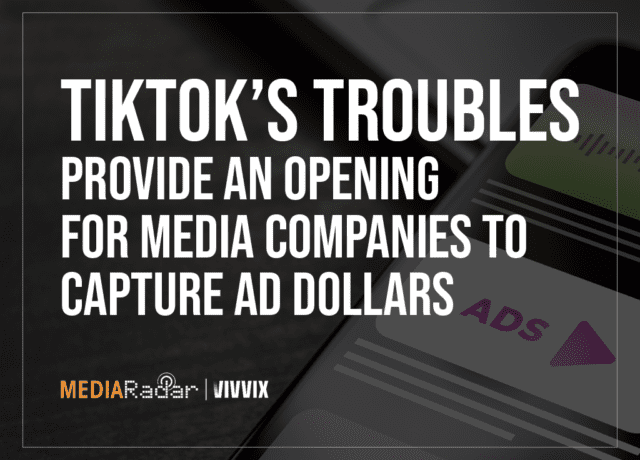When Google announced it was sunsetting the cookie early last year, the ad industry went spiraling. Everybody, including us, has been talking about the announcement ever since.
Every time Google releases a new blog adding to the cookie saga, the industry goes a little crazy.
And now, the latest announcement is that Google is delaying its farewell to the cookie until 2023. Not only that, but it has given UK authorities full oversight of the transition.

Marketing Firms Weren’t Happy with Google
Third-party cookies allow advertisers to track user behavior across websites in order to deliver personalized advertising. Over the years, digital advertisers have become accustomed to a vast amount of data and the removal of cookies presents a real threat to how they operate.
Without cookies, digital advertisers will have a harder time tracking visitor behavior across other websites. But not only that, Google may become an even greater force in digital marketing (if that’s even imaginable).
Google has troves of first-party data collected via its search engine, Youtube, Gmail, and app downloads. Critics of Google’s decision to remove cookies argue that the decision was not an altruistic ‘privacy-first’ decision, but an effort to build up its moat.
Critic Brian Handrigan, chief executive of Advocado, put it this way: Google is a “wolf in sheep’s clothing” and it’s newfound love of privacy was a “land grab.”
So They Took Their Concerns to the UK Government
Though Google was developing solutions that enable advertisers to deliver relevant ads without individual identifiers under The Privacy Sandbox initiative, marketing firms continued resisting Google’s decision.
Last year a group of 20 marketing firms filed a competition complaint with the UK’s Competition and Markets Authority (CMA), saying that they “share a concern that Google is threatening the open web model that is vital to the functioning of a free and competitive media and online economy.”
Google Welcomed Feedback and Offered an Oversight Period
About three weeks ago, Google told the CMA and the public that it was committed to increased transparency, substantial limits on its use of Chrome data for advertising, and that it wouldn’t discriminate against rivals in favor of its own advertising products.
Google also volunteered the CMA a 60-day “standstill period” in which the watchdog could reopen investigations into any issues. And it delayed its cookie sunset by two years (including the six months of oversight period). The current plan is to start saying good-bye to cookies over a three month period starting mid-2023.
Though the CMA is taking the lead as the primary regulator, it will be asking for input from the broader web community during the six-month consultation period.
“The CMA is now asking others in the industry for feedback on these commitments as part of a public consultation, with a view to making them legally binding,” wrote Google legal director Oliver Bethell on the Google blog. “If the CMA accepts these commitments, we will apply them globally.”
For more updates like this, stay tuned. Subscribe to our blog for more updates on coronavirus and its mark on the economy.



